Mashroo3k Consulting Company has provided a feasibility study for a compressed charcoal factory project, with the highest profit return and the best payback period, through a series of precise studies of the food industry sector in the Sultanate of Oman, analysis of the strategies of local and foreign competitors, and the ability to offer competitive pricing.
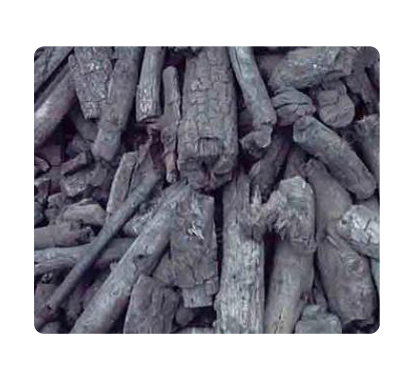
The project of the compressed coal factory is among the initiatives that attract the interest of the Omani government and funding entities in the Sultanate of Oman, in light of the government’s vision to implement Vision 2040. Given that compressed coal is considered environmentally friendly, in contrast to traditional coal, as it relies on the disposal of waste from the production and trade of natural coal. Also, it is It is involved in many industries, such as the incense industry, due to its ability to absorb various fragrances and scents.
Consultants from your project economic consulting company indicate that the diversity of sectors in which the compressed coal factory contributes makes it an attractive option for Omani investors and those wishing to invest in the Sultanate of Oman, in light of the state’s policies to revitalize the industrial sector, with the possibility of developing production lines in the factory according to the latest international standards, which increases its chances for export and contribution to other important sectors. Like this: Transport companies and power plants
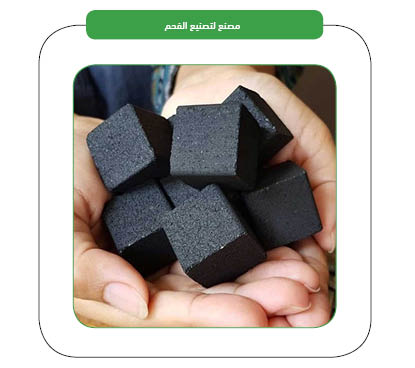
Compressed coal is manufactured from unused natural coal remnants or wood waste, using various machines. Compressed coal is produced in several forms: cylindrical or square. Mashroo3k Consulting Company provides investors interested in investing in a compressed coal factory project in Oman with a set of specialized feasibility studies based on updated databases specific to the Omani market, which helps ensure the project’s success and achieve the highest profitability and the best payback period through analyzing the strategies of local and foreign competitors and offering competitive price quotes.

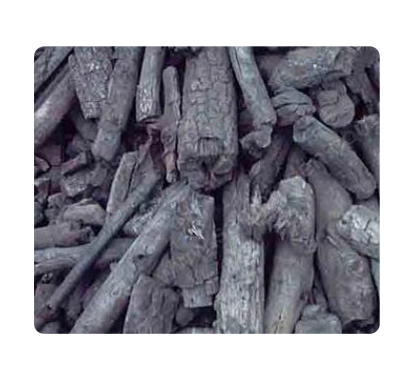
Executive summary
Study project services/products
Market Size Analysis
Risk Assessment
Technical study
Financial study
Organizational and administrative study
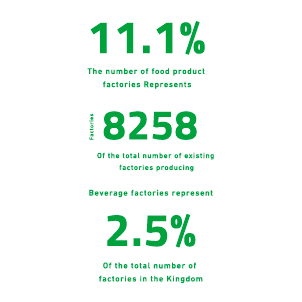
The Industrial Sector in the GCC Countries
The industrial sector is considered the cornerstone of the development of global economies, with its indicators being a measure of a country’s progress and development. The strength of the industrial sector in some Western countries today has made them a reference point for the Arab world. Given the importance of this vital sector, “Mashro’ik” Consultancy is pleased to present the key insights of the industrial sector in the GCC countries:
Saudi Arabia:
Number of active factories: 8,258 factories.
Number of licensed workers: 968,121 workers.
Capital of these factories is estimated at around 1,256,616 million Riyals.
The largest industrial activities by number of factories are non-metallic minerals (1,641 factories), followed by rubber and plastics (1,122 factories).
The Riyadh region accounts for the largest share of factories (3,332 factories), followed by the Eastern Province (1,877 factories), then Makkah Province (1,741 factories).
Small factories represent 43.7% of the total number of factories (3,671 factories), with 111,354 workers.
Medium factories represent 46.6% of the total number of factories (3,907 factories), with 379,342 workers.
Large factories represent 9.7% of the total number of factories (813 factories), with 477,425 workers.
There are 1,801 factories under construction, employing approximately 78,650 workers, with a capital of 68,481 million Riyals.
The Riyadh region accounts for 40.4% of factories under construction (728 factories).
United Arab Emirates:
According to the latest census, there are 6,481 factories.
Number of workers: 737,126 workers.
Number of establishments in the manufacturing sector: 32,654 establishments.
Value of production in the UAE manufacturing sector: 448,127 million AED.
The largest industrial activity by production value is the coke and refined petroleum products industry, with a production value of 119,787 million AED.
Industrial exports currently exceed 240 billion AED.
The UAE aims to rank 25th in the global industrial competitiveness index, up from 38th place in previous years.
The state strategy supports the establishment of 13,500 small and medium enterprises.
Oman:
There are 61,217 establishments in the manufacturing sector in Oman.
The workforce in the manufacturing sector is 237,000 workers.
The manufacturing sector contributes 9.6% to Oman’s GDP.
31.4% of Oman’s total exports come from manufactured goods.
The manufacturing sector has grown by 6% over the past five years.
Kuwait:
Number of industrial establishments: 5,539 establishments.
Number of workers in the sector: 160,654 workers.
Total production value: 35,929,708 thousand Kuwaiti Dinars.
The establishments employing 1-10 workers total 4,526, with 24,048 workers and a production value of 250,322 thousand Kuwaiti Dinars.
Establishments employing 11-19 workers total 464, with 6,871 workers and a production value of 113,126 thousand Kuwaiti Dinars.
Establishments employing more than 20 workers total 549, with 129,735 workers and a production value of 35,566,260 thousand Kuwaiti Dinars.
Qatar:
Number of industrial establishments: 3,467 establishments.
Number of workers in these establishments: 161,872 workers.
Small and medium-sized industries make up about 84% of all factories in the country.
The manufacturing sector contributes about 9.2% to Qatar’s GDP.
Establishments employing fewer than 10 workers: 1,799 establishments, with 8,305 workers.
Establishments employing more than 10 workers: 1,668 establishments, with 153,567 workers.
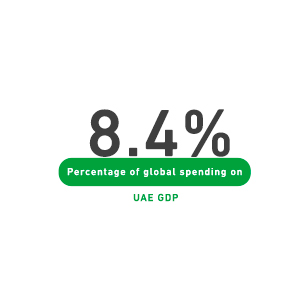
There are 1,801 factories under construction in Saudi Arabia.
The estimated licensed workforce in these factories is around 78,650 workers.
The total capital of these factories amounts to approximately 68,481 million SAR.
Riyadh Region accounts for 40.4% of the factories under construction (728 factories).
The industrial sector contributes approximately 8.4% to the UAE’s GDP.
The value of industrial exports currently exceeds 240 billion AED.
The UAE aspires to achieve the 25th position in the Global Industrial Competitiveness Index, having previously ranked 38th.
The national strategy supports the establishment of 13,500 small and medium-sized enterprises.
The industrial sector contributes approximately 8.4% to the UAE’s GDP. (repeated for emphasis, if needed can be omitted)
There are 549 establishments employing more than 20 workers.
These establishments employ approximately 129,735 workers.
The total production value of these establishments is around 35,566.26 million KWD.
The manufacturing sector contributes approximately 9.2% to Qatar’s GDP.
Establishments employing less than 10 workers: 1,799 establishments with 8,305 workers.
Establishments employing more than 10 workers: 1,668 establishments with 153,567 workers.
Manufactured exports represent 31.4% of Oman’s total exports.
The manufacturing sector has achieved a growth rate of around 6% over the past five years.